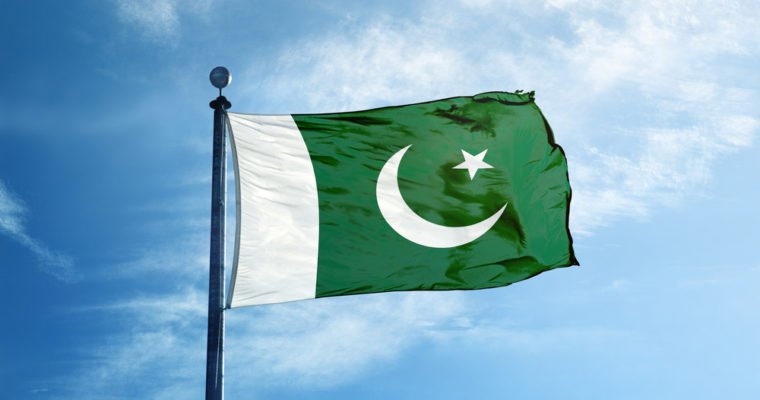The country’s foreign reserves are as low as $10.3 billion.
Pakistan’s Finance Minister Miftah Ismail said his country will seek a deferred payment plan for Qatari liquified natural gas (LNG) that is bought under long-term deals with the Gulf state, Reuters on Saturday.
“We’ve talked about a deferred payment plan … or at least I’ve requested this … and (Pakistan’s) petroleum minister is doing negotiations and is going to do the talks,” Ismail told the news agency in an exclusive interview.
Last week, Bloomberg reported that Pakistan asked Qatar for additional LNG shipments that can be delivered every month, “as soon as this year”.
The reports followed a meeting on Friday in Doha between Qatar’s Minister of State for Energy Affairs Saad Sherida Al-Kaabi and Pakistan’s Minister of State for Petroleum Musadik Masood Malik.
During the meeting, the two officials discussed enhancing Qatar and Pakistan’s energy cooperation.
Malik told Reuters that his government was looking into different “innovative” pricing and supply strategies, noting that talks are “preliminary”.
“Deferred payment obviously would be enormously beneficial for Pakistan in the way of cash flows, but that is not the only discussion that we are having,” Malik told the news agency in an audio message.
Reuters said the Qatari government did not provide it with an immediate response to its request for a comment.
Last year, QatarEnergy, Qatar Petroleum at the time, inked a 10-year LNG deal with Pakistan State Oil Company. The deal was described as the “lowest publicly disclosed liquified gas contract in the world”, signed with the presence of former Prime Minister Imran Khan.
Under the agreement, Pakistan receives an average of two shipments of gas per month that is expected to be bumped up to four, three years later. Khan had said the contract will help save the country $300 million annually or nearly $3 billion throughout its duration.
The deal followed another major agreement signed in 2016 that included five cargoes a month.
Meanwhile, Pakistan’s finance minister told Reuters that his government has been in talks with Qatar over a new five or 10-year LNG deal, comprising three monthly cargoes.
Ismail said the talks also include an additional cargo under last year’s deal.
IMF support
The latest talks come as Pakistan’s new Shehbaz Sharif administration tries to navigate through its economic crisis, with energy prices already soaring in light of the Russian invasion of Ukraine.
Sharif came to office following the ouster of Khan in April in a no-confidence vote.
On Friday, Islamabad presented a 2022-2023 budget as it seeks to get financial support from the International Monetary Fund (IMF), which is concerned over the country’s account deficit.
“The present government has very little time. We have decided that all changes should be undertaken for the benefit of the economy and our country,” said Ismail during the announcement, as quoted by the Financial Times (FT).
During his speech, Ismail described Khan’s administration as “incompetent”, blaming it for causing Pakistan’s current financial turmoil.
Under the budget, Pakistan will cut the fiscal deficit to 4.9% out of its gross domestic product (GDP) instead of 8.9% set for the current year. The government has also raised fuel prices with plans to increase taxes by up to 17% year-on-year.
Pakistan’s foreign exchange reserves are currently enough for less than 45 days of imports and is expected to continue to fall amid the current economic situation. The country’s foreign reserves are as low as $10.3 billion.
As the country’s currency collapses, inflation has been on the rise.
The Pakistani rupee fell to roughly 198.4 per dollar in May, constituting a historic law as the currency has lost around a quarter of its value in the past year.
Last month, Qatar hosted negotiations between Pakistan and the IMF in an effort to stabilise its crippling economy. Reports stated that Islamabad was finalising a bailout package with the IMF.
The $6 billion package was approved in 2019 after it was requested by Pakistan, out of which it received $3 billion.
Pakistan’s finance division previously attributed the issues that have contributed to the country’s economic state to factors “beyond the control of the government,” including the war in Ukraine.







